Doing more with less: Employers in Hong Kong rethink benefits as costs soar

Rising costs and talent pressures are driving employers in Hong Kong to rethink benefits, says WTW’s Eric Lam, with smarter spending now essential.
Hong Kong raises age cap for skilled foreign employees to address labour shortage

Hong Kong has raised the age limit for skilled foreign employees to 40 to tackle acute labour shortages in technical sectors.
Employers in Hong Kong rethink 2025 salary plans

Following the government’s pay freeze, 42.7% of employers in Hong Kong are rethinking 2025 salary plans, with many considering restraint.
More than half of employees in Hong Kong considering job change, Aon’s study reveals
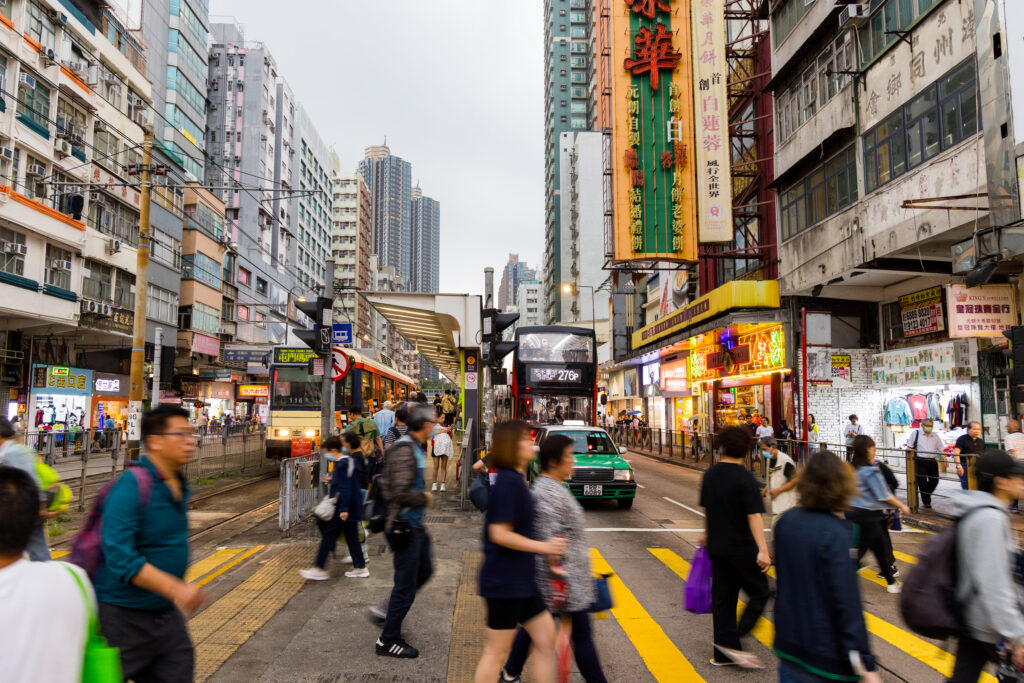
Nearly 17% of employees in Hong Kong feel undervalued, with 63% considering a job change due to concerns over compensation and career growth.
Hong Kong raises minimum wage to HK$42.10
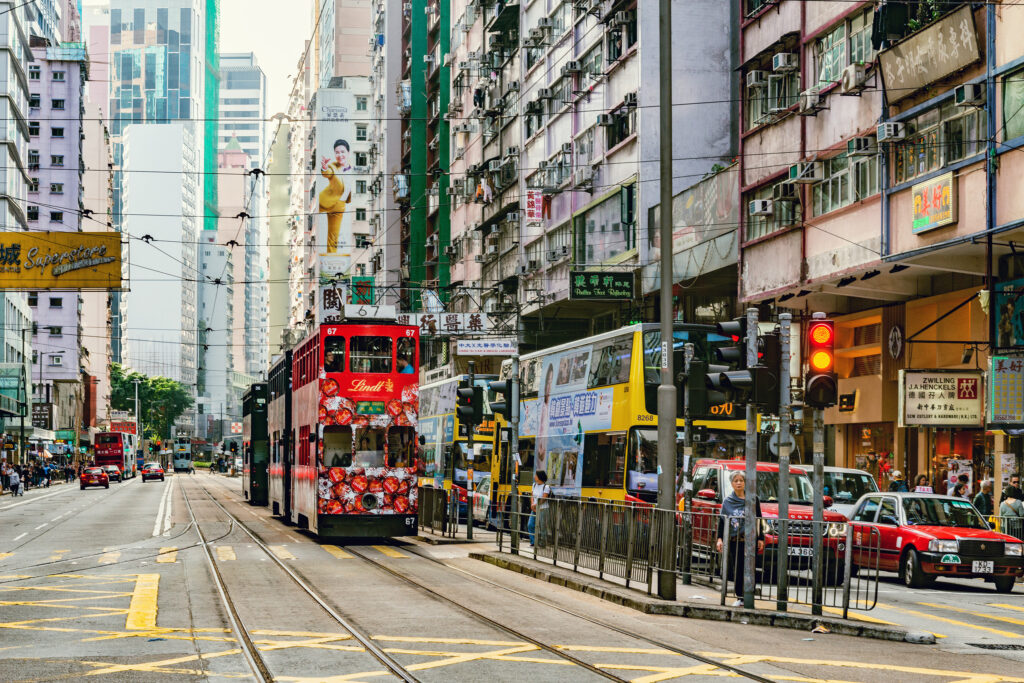
Hong Kong’s statutory minimum wage will rise to HK$42.10 on Labour Day.
Singapore’s workforce brims with optimism while Hong Kong’s faces uncertainty, MDRi survey reveals

Health and financial stability dominate priorities in Singapore and Hong Kong, with happiness metrics highlighting generational and economic disparities for 2025.
Hyatt strengthens DEI commitment to create more inclusive workplaces in Asia

Hyatt’s commitment to DEI is at the core of its people strategy, with initiatives like the Diversity Immersion Programme shaping the future of hospitality.
Building a culture of respect: Creating an inclusive work environment

Generali Hong Kong’s CEO highlights how the organisation has proactively taken steps to cultivate an inclusive working environment.
Sustaining employee passion with job crafting

Job crafting empowers employees to shape tasks and goals, boosting engagement, satisfaction, and overall performance through sustained passion.
Roy Pang appointed as new CHRO of Plaza Premium Group

Roy Pang will be working to align HR services with the business goals of the organisation, bringing with him years of experience in HR to PPG.
Employees in Hong Kong prioritise flexibility and equity in the workplace

Despite a preference for flexible schedules, most employees in Hong Kong are required to be in the office full-time.
Keep the minimum wage, say Hong Kong unionists

The minimum wage should remain to protect vulnerable employees, says the Federation of Trade Unions.
Hong Kong not implementing FWAs across all organisations
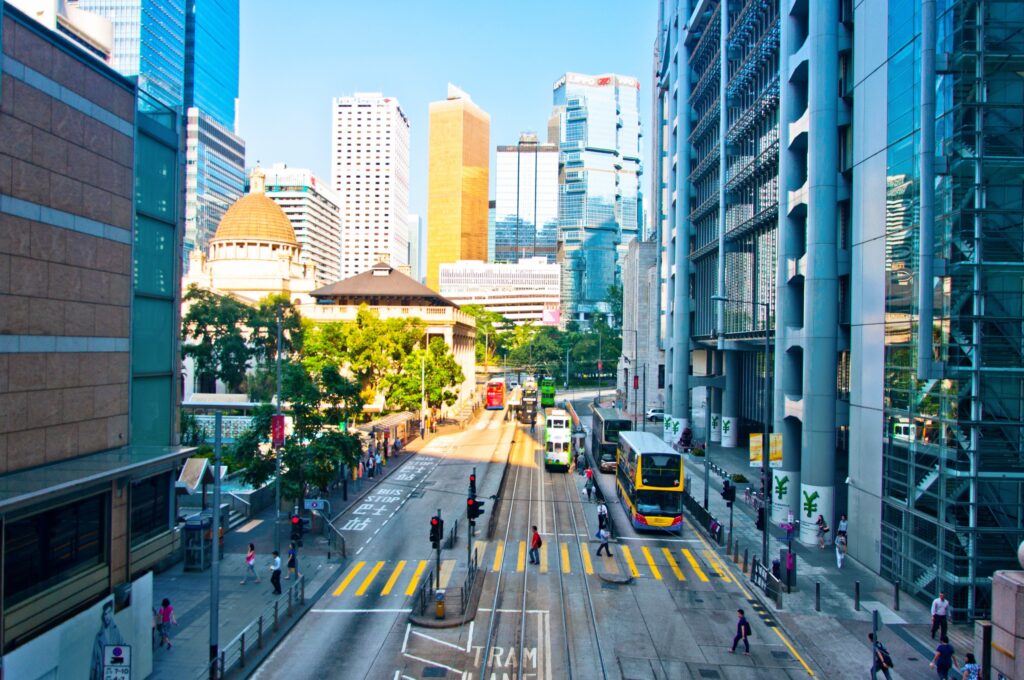
The city will not be employing hybrid work arrangements on a government-level due to various reasons.
Index to track women-friendly workplace policies launched in Asia

The first of its kind in the region, the Women Workplace Index will collect data from multiple firms into a publicly accessible database.
Hong Kong eases “continuous contracts” criteria
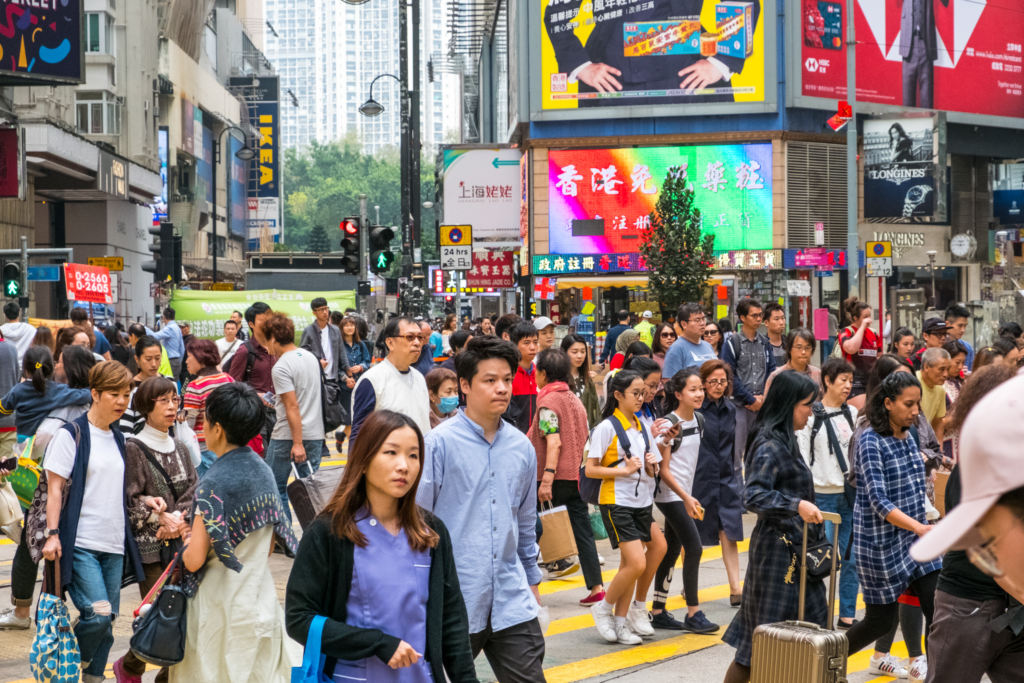
The minimum weekly work hours has been reduced from 72 to 68 and is set to benefit more than 10,000 employees across the city.
Employees in Hong Kong seek flexibility in their work arrangements
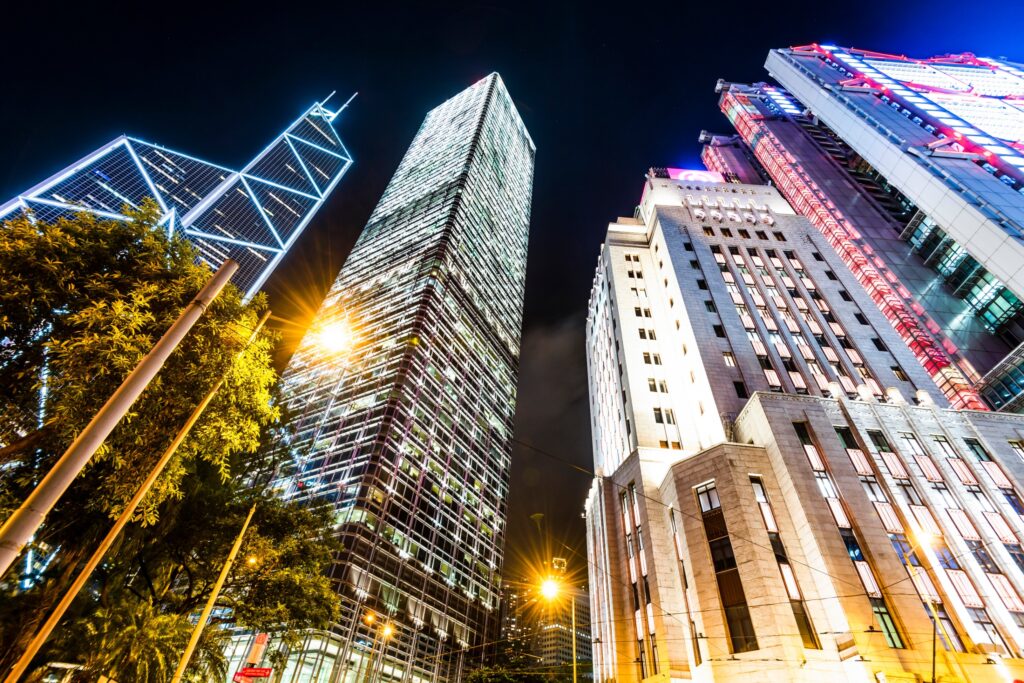
When seeking new job opportunities, employees in Hong Kong are prioritising the freedom to choose where and when they work over other benefits.
Employees in Hong Kong would give up FWAs for a salary raise
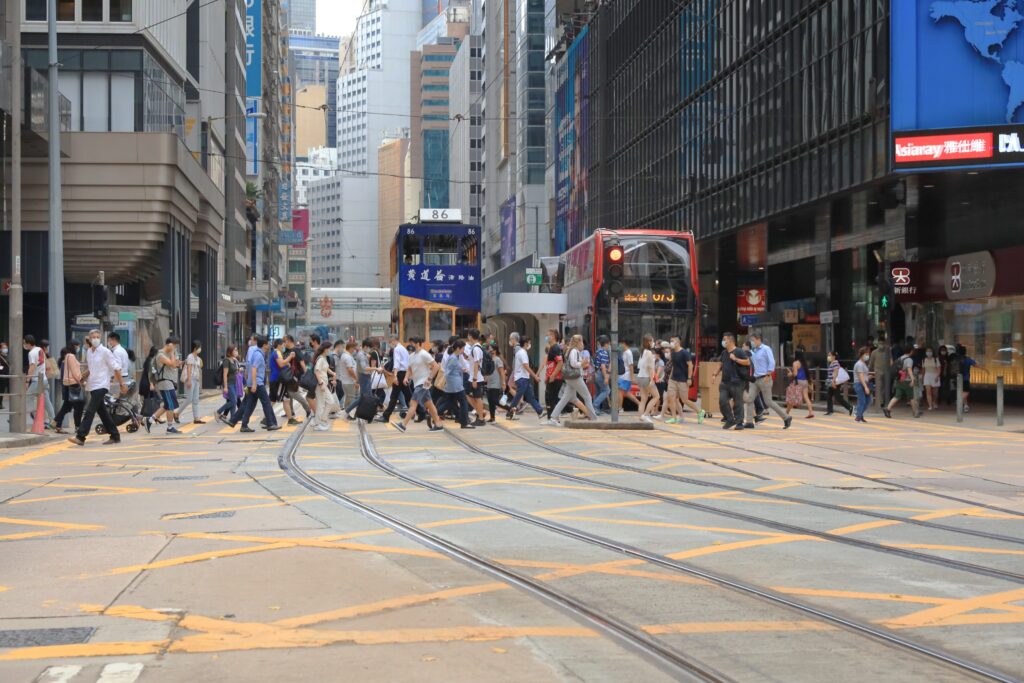
Employees in Hong Kong are willing to give up their flexible working arrangements if their employers would agree to give them a pay rise to compensate.
Salary growth in Hong Kong stalls in 2024
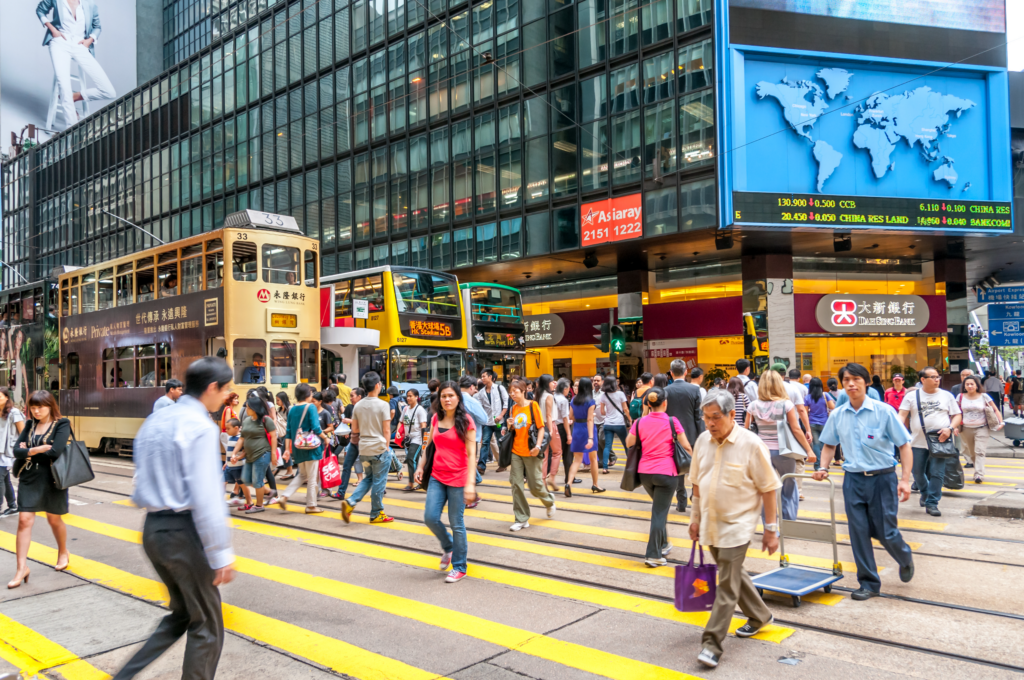
Employers in Hong Kong are expected to prioritise cost control in 2024, leaving many employees sceptical about salary increases.
Hybrid work arrangements gaining traction in Hong Kong
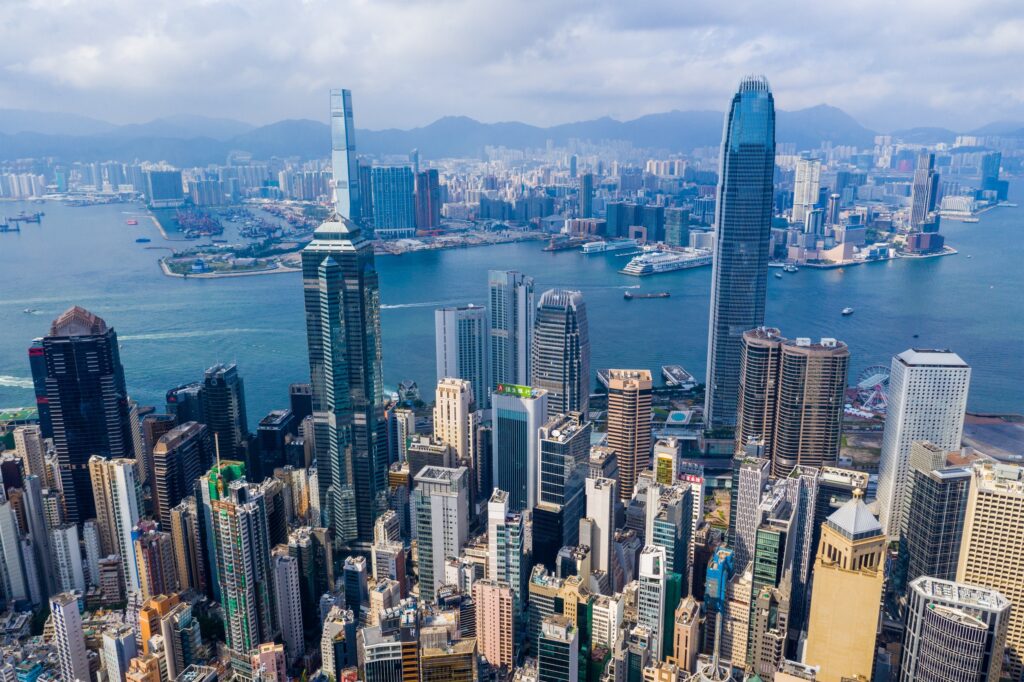
Hong Kong’s office vacancy rate at 12.7% mirrors global economic uncertainty, driving organisations to adopt cost-saving hybrid work models.
Surging salaries in Hong Kong outpace cities in Guangdong province

High salary growth in Hong Kong is sparking turnover concerns and is foreshadowing a competitive year ahead for many organisations.
Income disparity hits record high in Hong Kong
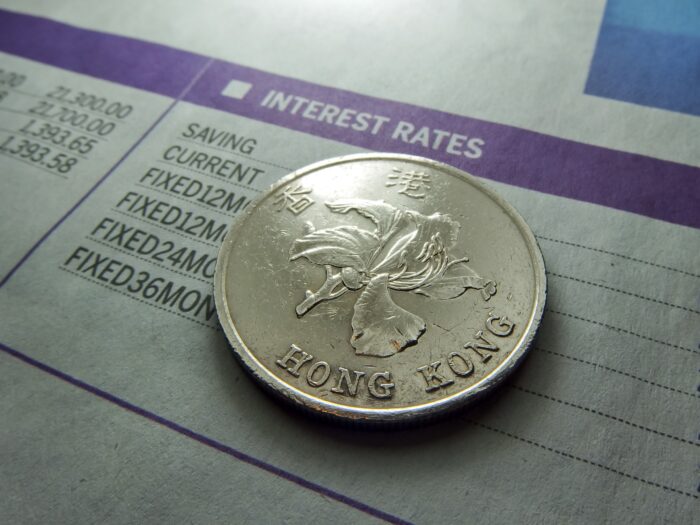
While Hong Kong returns to pre-pandemic productivity levels, income for the lowest-earning employees is nearly 60 times less than the wealthy.
Navigating employee development challenges in the workplace

Organisations in Singapore and Hong Kong can do more to engage employees with talent programmes deploying learner-centric tools.
Hong Kong’s Gen Z faces mental health and financial challenges

The pandemic-fuelled work landscape is pushing Hong Kong’s Gen Z to the brink, with 44% grappling with work-life balance.
Fresh graduates in Hong Kong have more power to negotiate higher salary

As organisations look to attract and retain top talent, university graduates in Hong Kong saw an increase in their starting salaries in 2022.
Employees in Hong Kong welcome new job opportunities

Demonstrating career proactivity and a desire for better opportunities, more employees are less likely to stay with their current employers for long.
One in two employees in Hong Kong expect post-retirement work

Changing demographics and rising living costs make it difficult for older adults to contemplate retirement, raising the age profile of the workforce.
Unemployment falls to four-year low in Hong Kong
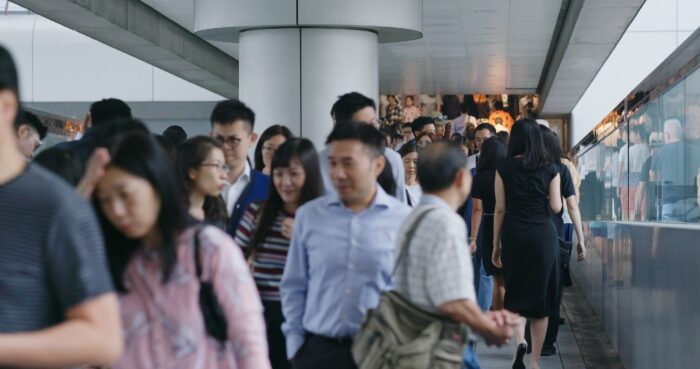
While Hong Kong has reportedly returned to full employment, the city faces the challenge of keeping their best talent from emigrating.
Business digitisation in Hong Kong hampered by funding difficulties

While SMEs in Hong Kong may lack resources and technical expertise, many are planning to increase their digitalisation investment in 2023.
The art of crafting dynamic workplace structures for maximum productivity

By increasing temporal predictability and segmenting tasks, employees are more productive and find projects more enjoyable.
Employees in Hong Kong want to continue remote work

Not understanding problems employees face is causing conflict between managers and employees as the return to work accelerates in Hong Kong.
